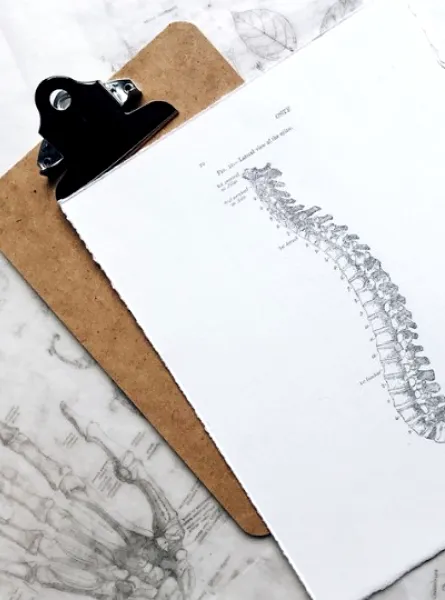
1. A high protein diet is ideal for muscle mass gain
As we all know, proteins are important nutrients for muscle mass gain. If you do not eat enough protein, it will actually be impossible to gain muscle mass since muscles are mainly produced from proteins that ultimately come from our diet. On the other hand, eating a large amount of protein does not accelerate the process of muscle mass gain. On the contrary, it can even slow it down! Once our minimum protein requirements are met, eating more protein has no other effect than adding calories to the number of calories ingested during the day. There are even studies showing that the potential for muscle mass gain is greater if you consume more carbohydrates than increase protein intake [1]. By eating more carbohydrates (and therefore more calories), this allows the body not to use the ingested protein as a fuel source, but rather to use it to synthesize new muscle tissue. Carbohydrate and protein requirements vary greatly from one individual to another.
2. It is essential to eat at least 6 meals a day
It's funny; it's also what you hear for weight loss! If your goal is to gain muscle mass, your daily caloric intake will make the biggest difference, whether you're eating 2, 3, 6, or 8 meals a day. Although it is not necessary to eat 6 meals a day, this can be a good strategy for appetite management. Those who do not have a big appetite will find it easier to meet their energy needs by dividing their intake into 6 smaller meals. On the other hand, it is not possible for everyone to eat 6 meals a day, due to lack of time, schedule conflict, planning for these 6 meals ... If you prefer to eat 3 meals, know that it will not slow your progress if you make sure to meet all your nutritional needs in these 3 meals.
3. You cannot lose fat and gain muscle mass at the same time
From a nutritional point of view, a calorie deficit is necessary to lose fat. On the other hand, although this may optimize muscle gain, a surplus of calories is not necessary for protein / muscle synthesis. This is because our fat reserves are actually energy reserves. By being in calorie deficit, we can use these calories as fuel, including the fuel needed for protein synthesis. Note that the more adipose tissue we have, the higher the potential for gaining muscle mass in caloric deficit. It will therefore be increasingly difficult (but not impossible) to lose fat and gain muscle mass as you approach your goal. Having the support of a nutritionist can make all the difference in achieving your goals. Our sports nutrition program with a nutritionist allows you to adapt your food to optimize your results.
[1] Rozenek R and. al., Effects of high calorie supplements on body composition and muscular strength following resistance training. J Sports Med Phys Fitness. 2002 Sep; 42 (3); 340-7





